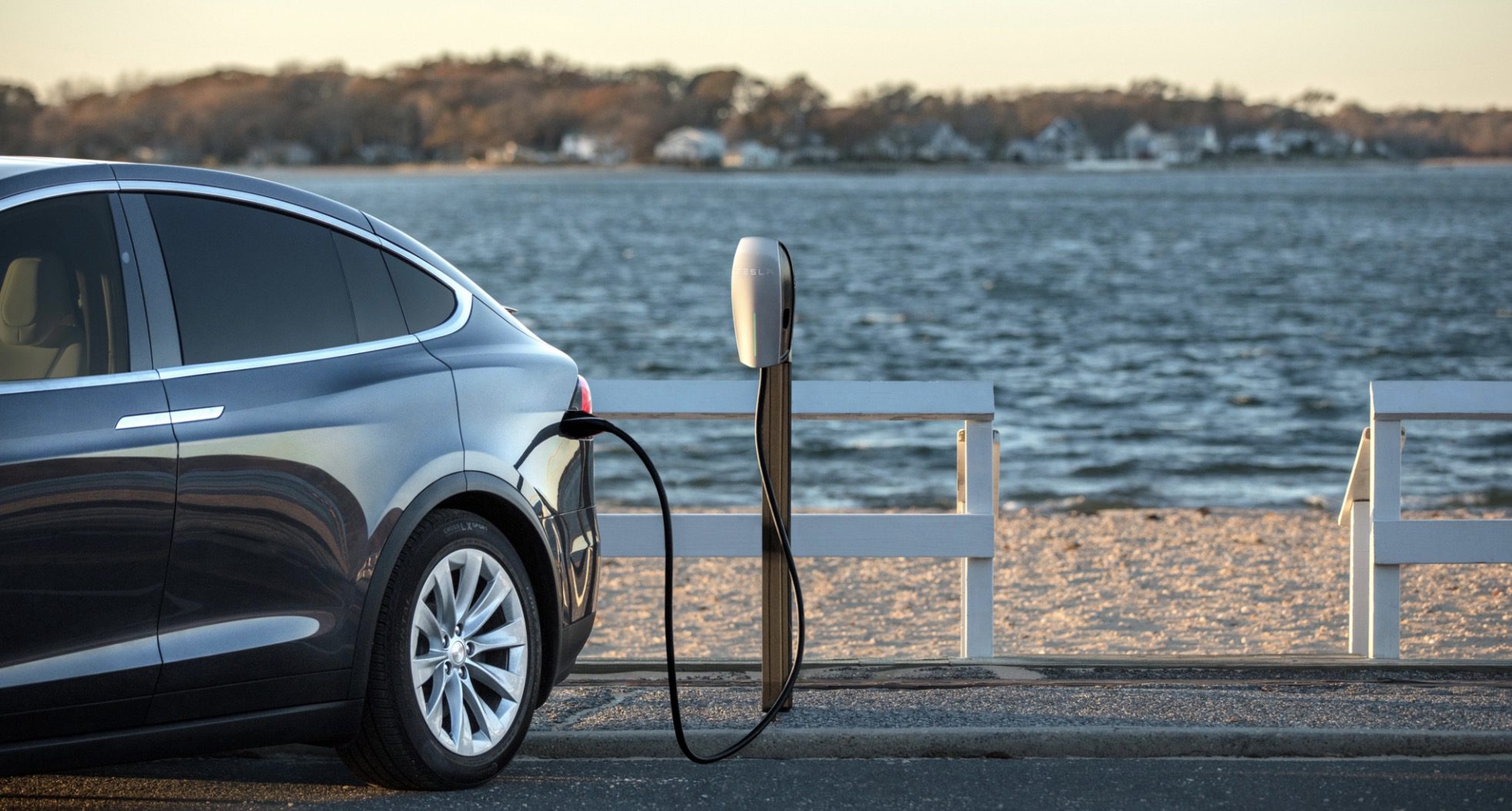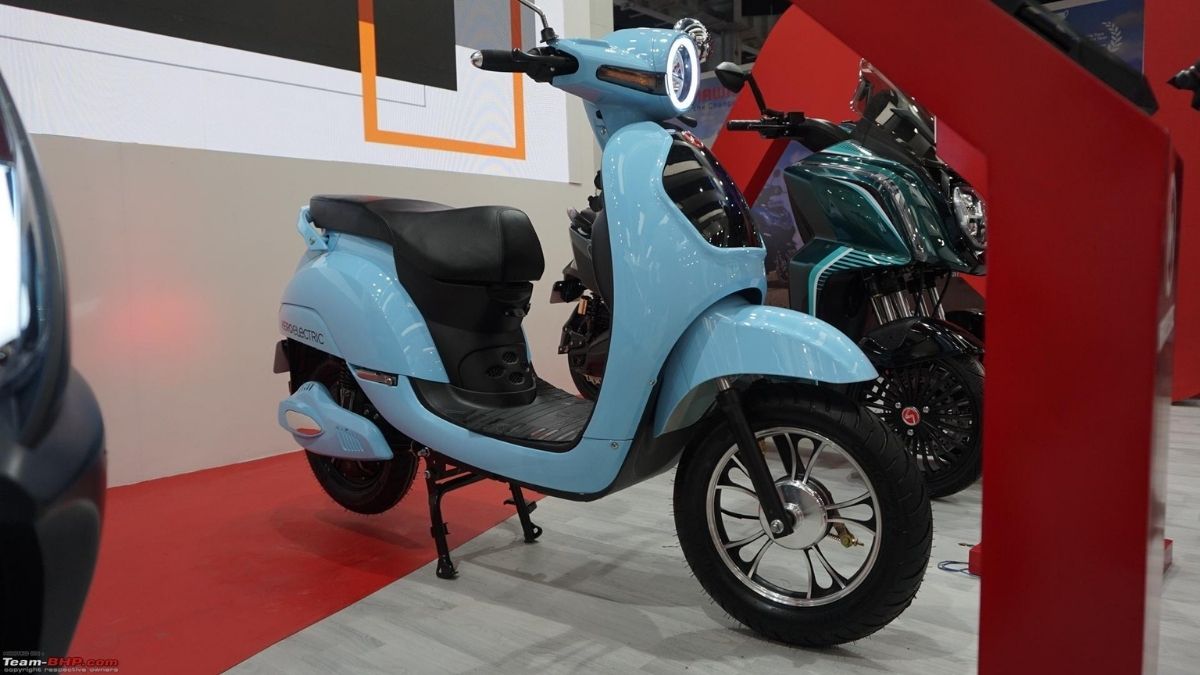Table of Contents
The inauguration of the on-grid solar project in Lakshadweep on January 3, 2024, marked a significant milestone for the region. Prime Minister Narendra Modi unveiled the project, showcasing the commitment of the Indian government to embrace sustainable energy solutions. The introduction of an advanced Battery Energy Storage System (BESS) highlights the technological innovation incorporated into this initiative.
Project Overview: SECI’s Green Energy Breakthrough
The Solar Energy Corporation of India (SECI) played a pivotal role in the development of this groundbreaking project. Spanning the islands of Kavaratti and Agatti, the solar project boasts a total capacity of 1.7 MW, complemented by a substantial 1.4 MWh battery storage facility in Kavaratti. This initiative aligns seamlessly with India’s broader vision for a greener and more sustainable energy future.
SunSource Energy’s Role: EPC Services and Commitment to Sustainability
SunSource Energy, a key player in the renewable energy sector, provided the crucial Engineering, Procurement, and Construction (EPC) services for the project. Tasked with the Engineering, Procurement, and Construction (EPC) services, SunSource Energy brings to the forefront its expertise in renewable energy solutions.
As the Co-Founder, Managing Director, and CEO, Kushagra Nandan, expressed immense pride in their involvement, highlighting the company’s commitment to advancing sustainable projects aligned with India’s ambitious net-zero goals. SunSource Energy’s integral role underscores not only technical proficiency but also a dedication to driving impactful change, supporting the energy transition of Lakshadweep towards a cleaner, greener future.

LEDA’s Energy Transition: From Diesel to Sustainable Power
The Lakshadweep Energy Development Agency (LEDA) is spearheading a significant shift in the region’s energy landscape, moving away from its reliance on diesel-based power and embracing sustainable alternatives. The inauguration of a large-scale solar energy project marks the beginning of this transition, which will significantly reduce the islands’ carbon footprint and reliance on imported fuel.
This shift to solar power is in line with global trends aiming to reduce greenhouse gas emissions and mitigate the effects of climate change. The project not only brings cleaner energy to the islands but also promises long-term cost savings by decreasing fuel imports and optimizing the use of local renewable resources.
By prioritizing sustainability, LEDA’s energy transition sets Lakshadweep on a path toward a greener, more resilient future. This initiative serves as a model for other regions, particularly island communities that face similar challenges with high energy costs and environmental vulnerability.
As Lakshadweep moves towards eco-friendly energy solutions, it strengthens its position as a pioneer in clean energy. The integration of renewable power sources like solar will ensure a more secure and reliable energy supply, supporting the region’s economic growth while preserving its natural beauty. With these efforts, Lakshadweep is not only advancing its own energy sustainability but also contributing to the global movement towards a low-carbon future.
Economic and Environmental Impact: Commercial Savings and Emission Reductions
Over the anticipated technical lifespan of the project, significant economic and environmental benefits are projected. The initiative is expected to yield commercial savings of around INR 250 crore, signaling a positive impact on the region’s economy. Furthermore, the reduction in diesel consumption by up to 190 lakh liters and the offset of 58,000 tonnes of CO2 emissions showcase the tangible environmental benefits, contributing to the global fight against climate change.
Mr. Shreedhar Singh, Additional General Manager at SECI, acknowledged the collaborative effort, praising the Lakshadweep Administration and the Electricity department for their support. Their quotes highlight the expertise and dedication demonstrated in executing this challenging project.
In conclusion, the on-grid solar project in Lakshadweep stands as a beacon of sustainable energy development. The collaborative efforts of SECI, SunSource Energy, and local authorities signal a transformative shift in the region’s energy landscape. The economic savings, reduced carbon emissions, and commitment to eco-friendly solutions exemplify the project’s significance not only for Lakshadweep but also as a potential model for similar initiatives across the nation. This inauguration represents a crucial step towards a greener and more sustainable future for India.
Related Posts





















Leave feedback about this